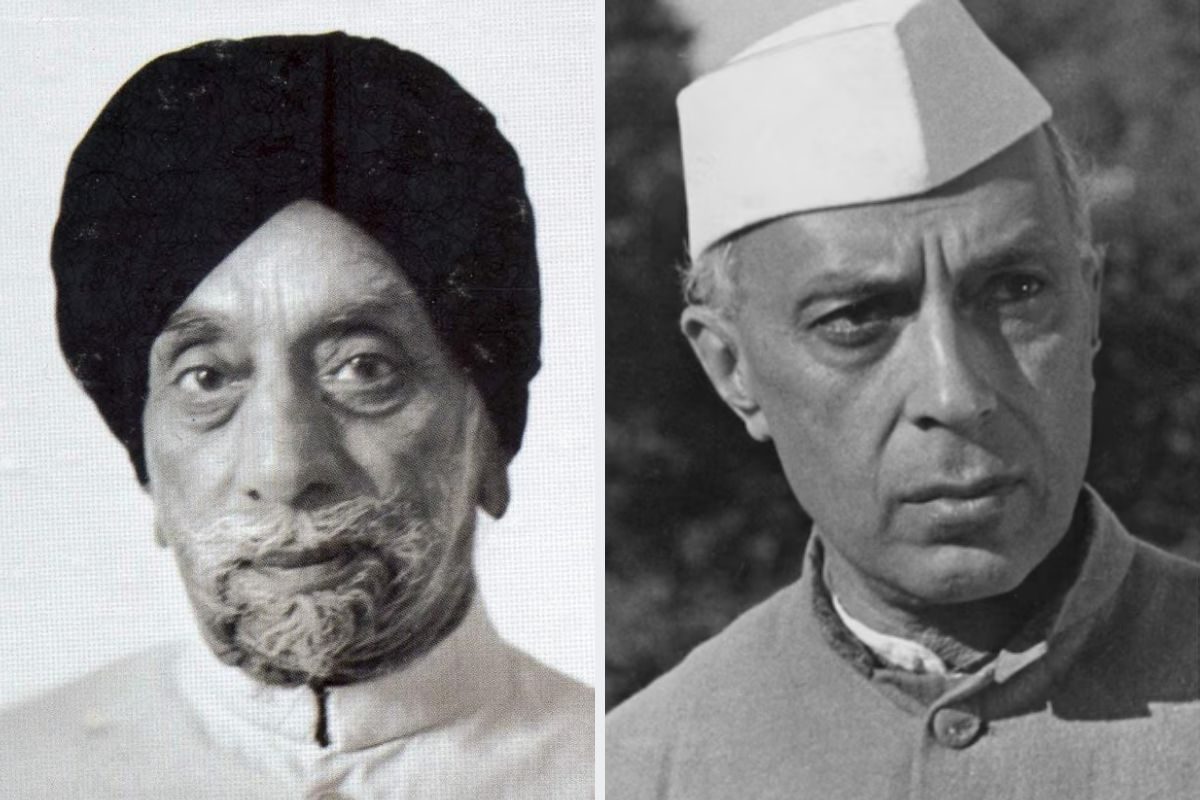“In a very clever political move, Nehru in 1956 offered to make Sardar Hukam Singh the deputy speaker,” a BJP source claims
Amid Bharatiya Janata Party’s (BJP) refusal to part with the post, the Congress has been highlighting the ‘convention’ that the Deputy Speaker is always from the opposition bench in Parliament. Congress’s Rahul Gandhi has pitted K Suresh as the opposition Speaker candidate – unilaterally decided, as alleged by Indian National Developmental Inclusive Alliance (INDIA) allies – against BJP’s Om Birla.
The Congress also took pride in saying the ‘convention’ was born out of India’s first Prime Minister Jawahar Lal Nehru’s big-heartedness.
But was it so? Or was it a ‘cold political move’ as BJP sources claim?
#WATCH | “We have said to Rajnath Singh that we will support their Speaker (candidate) but the convention is that the post of Deputy Speaker to be given to opposition…,” says Congress MP Rahul Gandhi pic.twitter.com/CaeRn8ztAR— ANI (@ANI) June 25, 2024
If Lok Sabha documents are to be believed, it all began with a state election in 1952 in modern-day Punjab and associated areas that was known as PEPSU (Punjab and East Patiala States Union). In the 1952 state elections, PEPSU was the only state where the Congress could not win a majority and Gian Singh Rarewala went on to become Chief Minister with the help of Akali Dal and others.
“Gian Singh Rarewala was the first non-Congress CM in India. At that time, losing even one state was a big humiliation for Nehru. So in March 1953, Nehru dismissed the Rarewala government. It was the first use of Article 356,” claims a BJP source.
ALSO READ |Why Om Birla vs K Suresh is Not The First Contest For The Lok Sabha Speaker’s Post | History Explained
“As you can imagine, this made the politics of PEPSU very difficult. The Congress likely began negotiations with Akali Dal. In 1956, the General Committee of the Akali Dal decided to join the Congress,” adds the source.
But here came the twist. Akali Dal leader Sardar Hukam Singh, who was an MP, refused to join the Congress. Back then, the concept of an anti-defection law didn’t exist.
“In a very clever political move, Nehru offered in 1956 to make Sardar Hukam Singh the deputy speaker,” the BJP source claims.
“On his election to Parliament in 1952, he was Secretary to the National Democratic Front. However, he continued to be in the Akali Dal till the General Committee of the Dal decided to join the Congress Party in 1956,” read Lok Sabha documents.
Convention and consensus are mere convenient words for the Congress and I.N.D.I Alliance. Not in one state that the Congress or other opposition parties are in power, have they followed the convention they preach and want the NDA to follow…The Congress must understand that it… pic.twitter.com/kZjIyvJ53G
— Amit Malviya (@amitmalviya) June 25, 2024
Hukam Singh then went on to join the Congress. He even later became Congress MP in the next election in 1957 and continued as Deputy Speaker. In 1962 — he was again a Congress MP— and was elevated to the role of the Speaker. In 1967, he was made the Governor of Rajasthan.
“Before the opposition lectures the BJP on “convention” for Deputy Speaker, they should tell people this full story,” adds the BJP source.
Meanwhile, BJP leader Amit Malviya took to X and cited examples of opposition-ruled states like West Bengal, Telangana, Tamil Nadu, Jharkhand, Delhi, Himachal Pradesh, Kerala or Karnataka where either the Deputy Speaker post has been kept by the ruling party or vacant.

